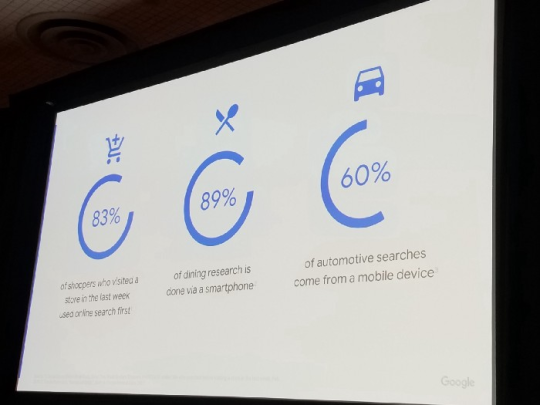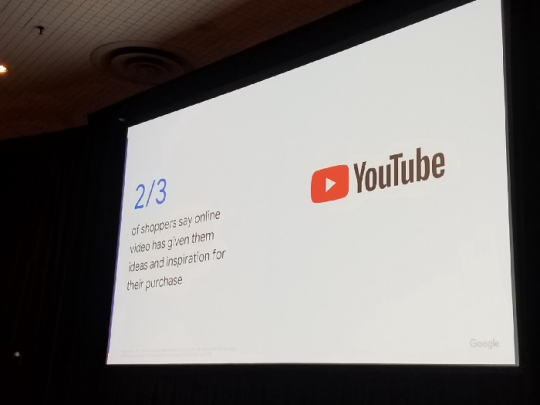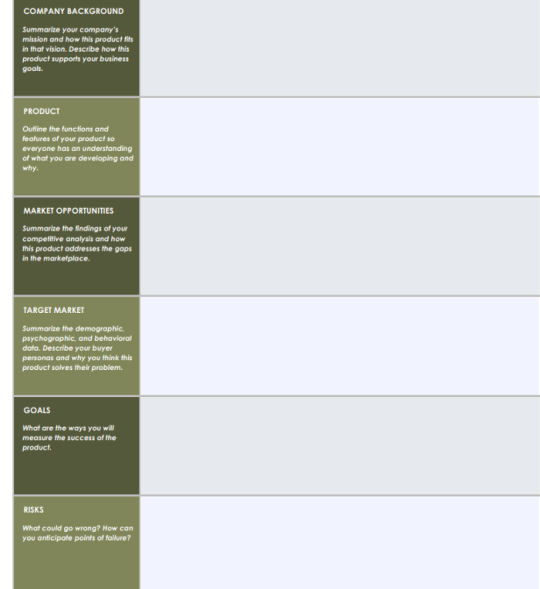Social Networks use E-Commerce Shops for New Revenue Streams
Social Networks are places where people congregate; making them great sources of Market Research and Revenue. As a result, Social networks are looking for new revenue streams. The latest revenue channel for them is E-commerce.
Facebook is partnering with Shopify to launch Facebook shops. The social network is the latest to get in on the E-Commerce business.
Last year at SMX East, Google and YouTube shared how they are allowing people to shop online for products. Google also shared people’s buying behavior. I have included parts of the article below.
In Google’s Keynote, I learned how businesses can get an edge during the holidays. I also learned of Google’s plan to use Google Images and YouTube for E-Commerce. Google is also allowing businesses to use location-based Ads in Google Maps.
The key insights of the presentation were:

1. According to Google most shopping visits start online.

2. When diners search for a great place to eat the searches are probably happening on a smartphone.

3. When people are online in cars, more than half of them are searching for information on a mobile device making localization and targeting important.
4. 2/3’s of shoppers say that online video has given them insight and inspiration to make purchases.

5. Shoppers use at least 3 channels or more when shopping.

6. Brands need to provide an omnichannel channel experience all year, especially during the holidays.

7. Sales are happening online and offline. As a result of this shift, Brands need to serve customers on the channels of their choice.
Would you shop on a Social Network? Share your thoughts.

